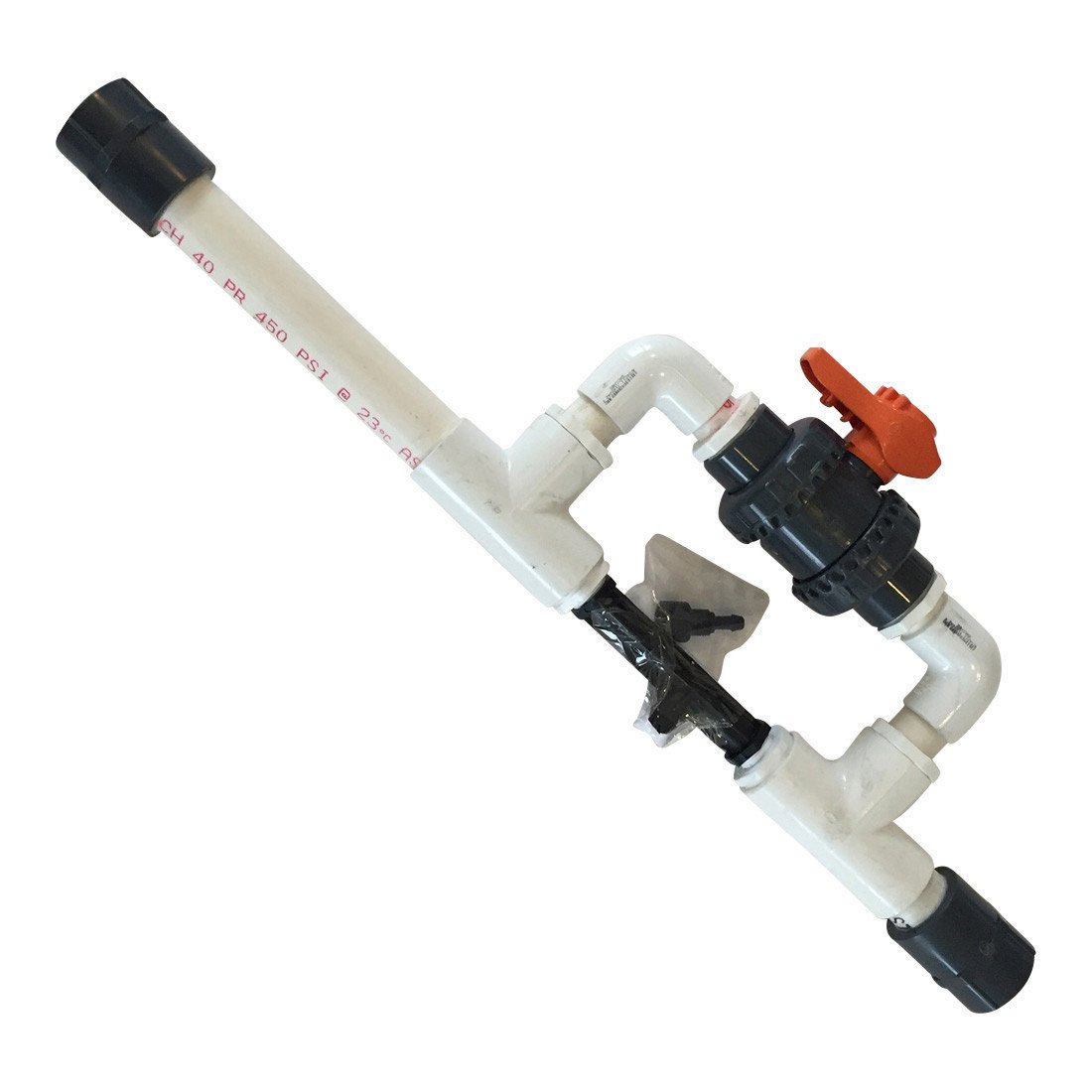
What types of Air Purification is best for your family?
 Today we”re talking about air quality in your home, specifically what types of air purification best suit your family?
Today we”re talking about air quality in your home, specifically what types of air purification best suit your family?
Pre- Filter / Anti-Bacterial Filter
Polluted air first passes through the pre-filter which is designed to filter larger particles such as dust, pet hair and lint. It prevents clogging and preserves the life of other filters, so more pores can remain available in the activated carbon and HEPA air filters.
Metal Collection Plates / Electrostatic Filters
Ionisers work by creating air that is densely packed with charged ions that cause pollutants to be magnetically attracted to metal collecting plates or grid. They can trap ultrafine particles as small as 0.01 microns including bacteria, cigarette smoke, chemical fumes, viruses and germs. The plates/grid can be pulled out for periodic cleaning and does not require replacement which can result in significant savings over a long period of time.
Activated Carbon Filter
Activated carbon is charcoal that is treated with oxygen in order to open up millions of tiny microscopic pores between the carbon atoms, resulting in a highly adsorbent material and form a strong chemical bond to odorous, gaseous, and liquid contaminates. This is the perfect filter for volatile chemical fumes, gases, cigarette smoke, and odours. Once captured the filter does not release contaminates back into the air.
Active Oxygen (Ozone, O3)
Ozone oxidises airborne pollutants, and then reverts back to oxygen, transforming polluted air to pure air. Ozone is found naturally in the air and in low concentrations has a fresh clover-like smell such as after a lightening storm. Ozone controls surface mould on furniture and walls, and reduces scale development and decay. Ozone is one of the purest and most powerful oxidants and germicides known.
High Efficiency Particulate Air (HEPA) Filter
In World War II the Atomic Energy Commission needed a filter to protect researchers from radioactive dust particles that might present a health hazard. The HEPA filter was born. HEPA filters are largely considered the most effective type of air filter for solid particles, such as dust and other allergens. HEPA filters remove 99.97% of particles down to 0.3 microns in size, almost 300 times smaller than the width of a human hair. For this reason HEPA filters are used in environments that rely on high clean-air standards. Surgical facilities and laboratories are a few examples of environments that utilize HEPA filters. HEPA filters areparticularly useful for allergy sufferers and are recommended by the U.S. Dept. of Homeland Security.
Photocatalytic Technology (TiO2)
Photocatalytic technology automatically destroys pollutant gases and microorganisms. The filter frame houses titanium dioxide in a non-woven fiber media. An ultra-violet light source in front of the filter initiates the photocatalytic process. Harmful gases such as toluene, nitrogen and sulphur dioxides are eliminated and any micro-organisms trapped by the filter are destroyed. The self regeneration of the titanium dioxide by the photocatalysis process ensures a long system life.
Ultra Violet Germicidal Lamp
Ultraviolet light possesses just the right amount of energy to kill the DNA of micro-organisms including germs, viruses, bacteria, and mould spores. No other air purification is more effective than ultraviolet light radiation.
Ionisation
Numerous studies demonstrate that the presence of negative ions is beneficial for physical and mental health. Indoor air is very low in concentrations of healthy negative ions. Mountain air, in comparison, contains more than ten times the negative ions found in city air.
Virtually all particles in the air have a positive charge, while negative ions have a negative charge. In which case, negative ions and particles magnetically attract one another causing the particle to become too heavy to remain airborne. As a result, the particle will fall out of the air, preventing it from being inhaled into the respiratory tract where it can trigger breathing and health problems.
Generally speaking, an overdose of positive ions is bad for you while an overdose of negative ions is beneficial. Negative Ions are “the vitamins of the air”.
There is no one technology that does an adequate job of purifying your air, A Naturopure Multi-Technology Air Purifier like the ones from Heaven Fresh will ensure that your family will be breathing the purest air possible indoors to keep everyone happy and healthy.
Gary the Water Guy